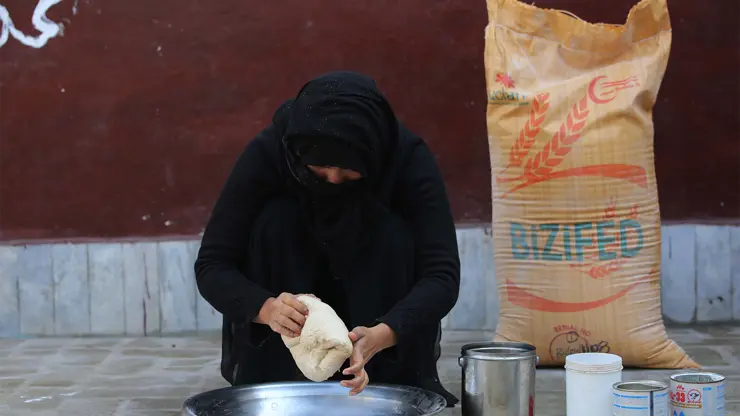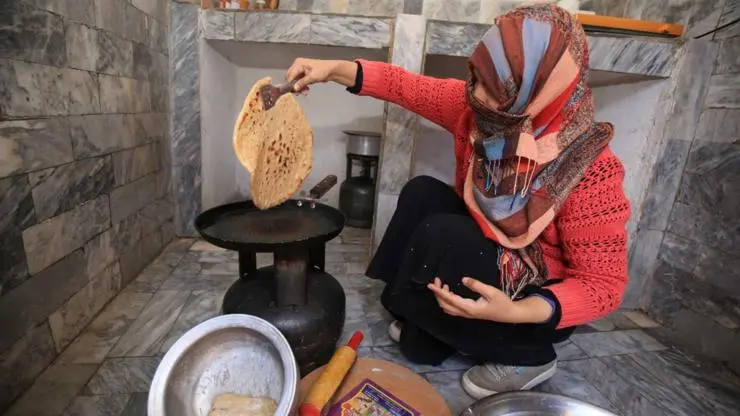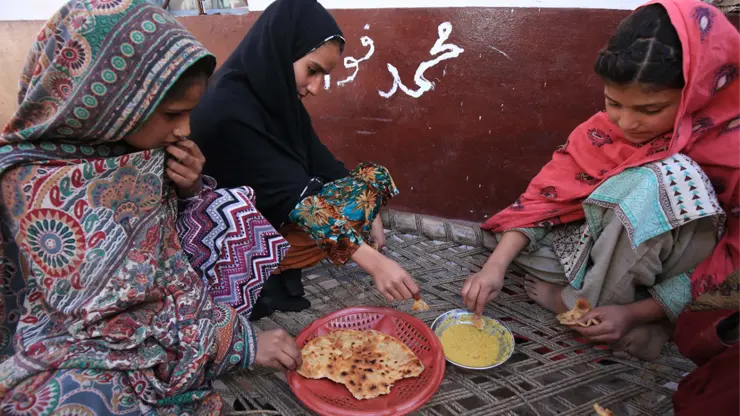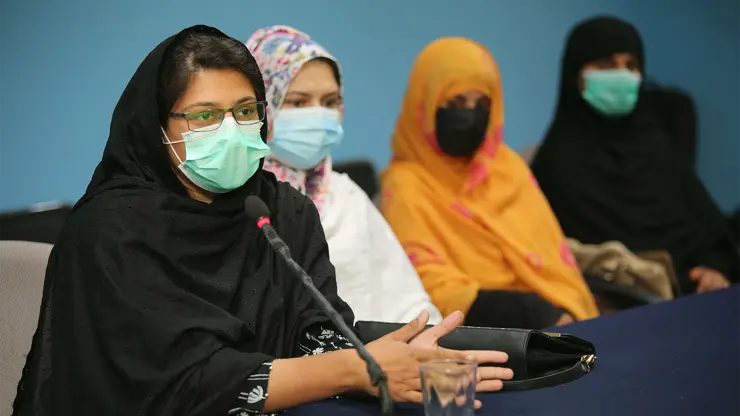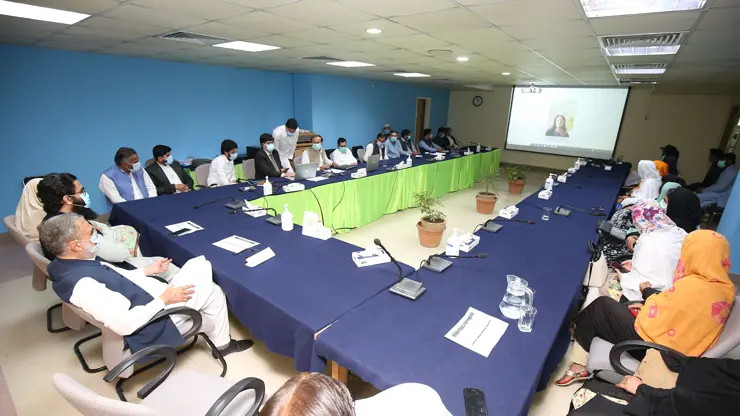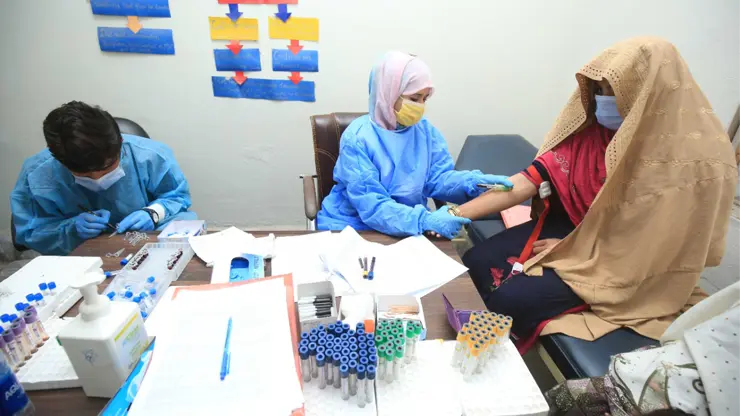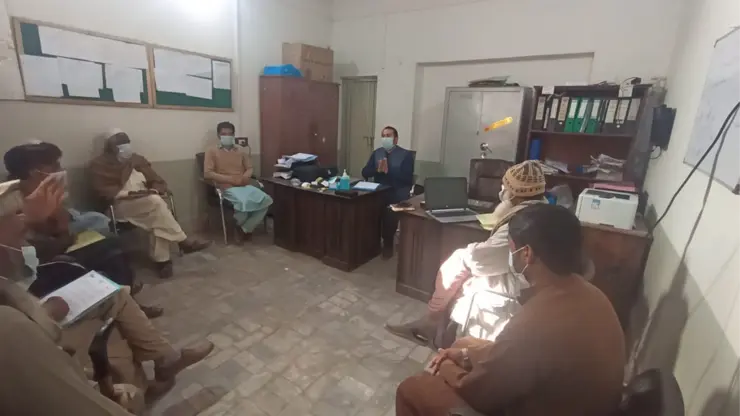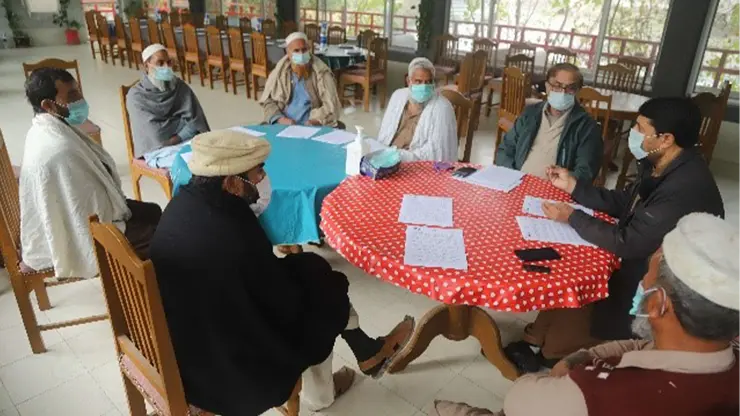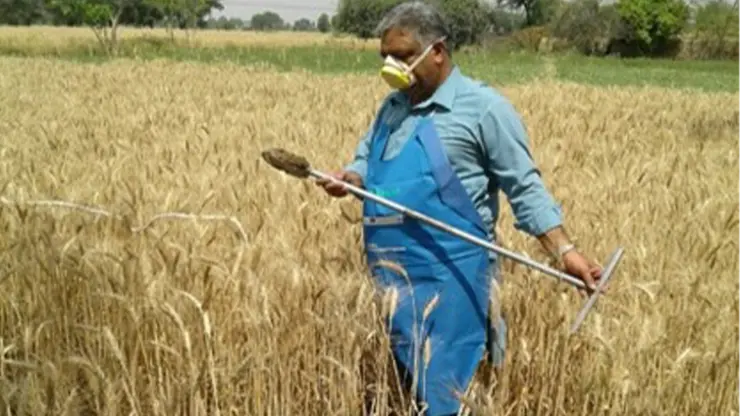This study blog was headed by Dr Swarnim Gupta, who is a Research Associate in Nutrition at the University of Central Lancashire, and Muhammad Javaid, a Project Manager with BiZiFED2
It is an exciting time for BiZiFED2- marking the end of field work and the beginning of a stage where enormous amount of information gathered under this large-scale project is going to be analysed. This will help us conclude the effectiveness of a zinc biofortified wheat variety to reduce zinc and iron deficiencies to help stakeholders, including policymakers, make informed decisions. In our previous blogs, we have talked about various challenges faced by this project running in marginalized communities of north-west Pakistan.
We successfully extended the first phase of the trial, where locally available non-biofortified flour was provided to participating households, by several months. Unfortunately, the duration of the second phase had to be compromised by a month. This second phase was an intervention phase where participating households were randomly assigned to either receive locally grown biofortified wheat flour or to a control group getting non-biofortified standard flour.
At the end of March, the project team celebrated hard-earned trial completion, and members also shared experiences of their journey on this occasion. To many, it seemed like a thrilling roller coaster ride ending up in great learning experiences. Staff members expressed that initially they were challenged by what they perceived as a complex structure of the research design and data gathering for multiple variables. Also, a difficult terrain with far spread of the households, unfavourable weather conditions and pandemic etc. added to the difficulties in the implementation.
We have also completed our qualitative research to explore the perspectives of wheat farmers, flour millers and flour consumers in the study communities on factors influencing the decision to choose biofortified wheat and their experience of participating in our trial. Our enthusiastic team has already begun to analyse this data. Early scanning of the transcripts from the focus group discussions with consumers does hint towards, in general, an appreciation of flour quality, regular maintenance of supply even in pandemic, and some perceived health benefits.
We had to put on hold organising a networking event for the stakeholder mapping due to travel restrictions imposed by COVID-19. This exercise would assist us in identifying influencers to scale up biofortified wheat in Pakistan, and possible ways to support local communities to access the biofortified wheat.
We are hoping to arrange this event in Islamabad, Pakistan in early 2022 when we will also share our findings with higher-level stakeholders.
We look forward to updating you once again on our activities and the study findings.
For more information please visit the BiZiFED project page.

